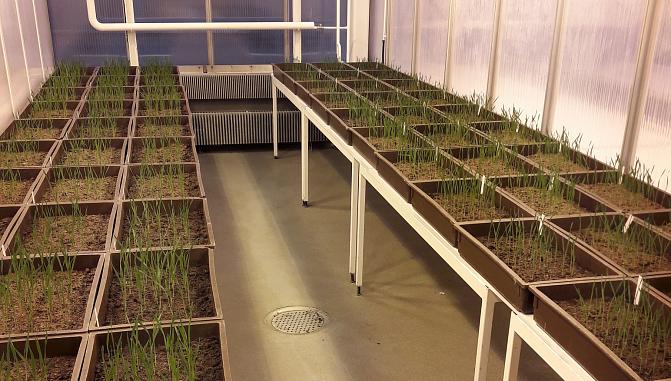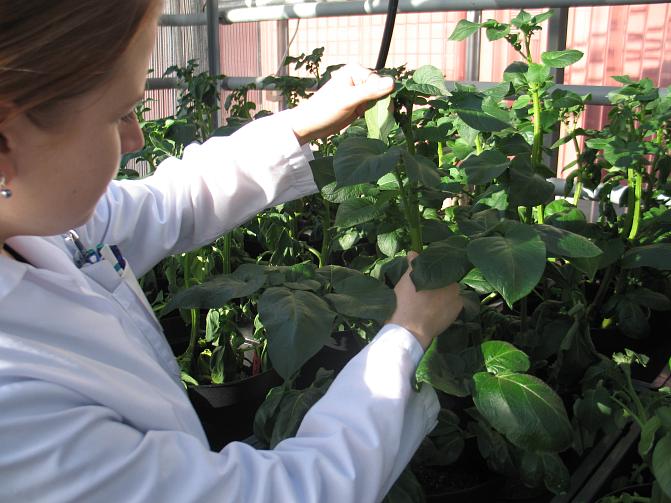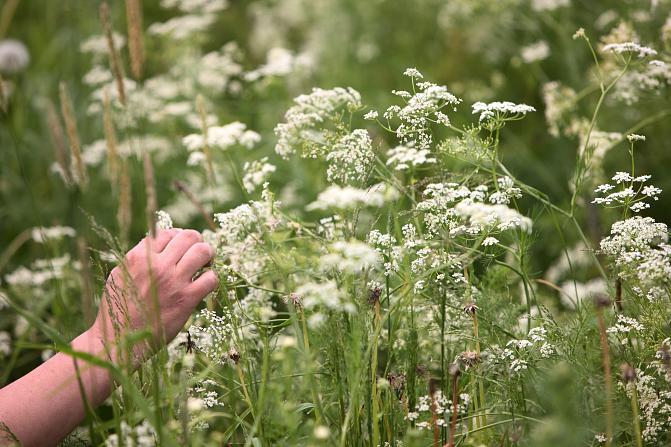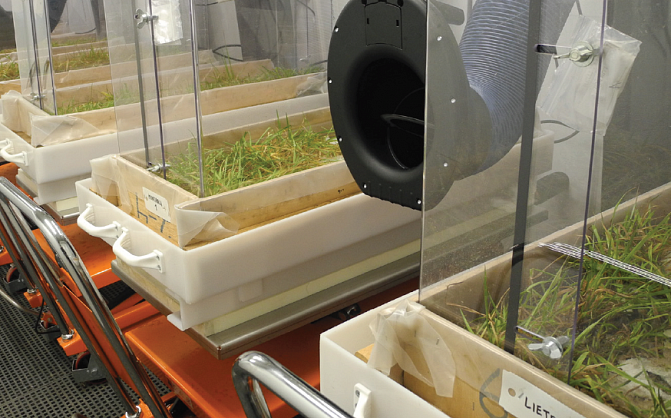The services of our research infrastructures are suitable for both scientific and commercial use.
Crop production
We research and develop sustainable use of arable land, new methods of cultivation and plant protection, plant protection products and recycled fertilizers. Our important research areas are cereals, grasses, oilseeds, legumes and several specialty crops. We carry out official Finnish variety trials.
Research and development services
Research and development services
Agriculture
Food
Research and development services
Agriculture
Horticulture
Research and development services
Livestock production
Agriculture
Research and development services
Agriculture
Food
Research and development services
Agriculture
Berries and collectable goods
Horticulture
Research and development services
Climate
Soil
Agriculture
Research infrastructures
Research Infrastructures
Agriculture










